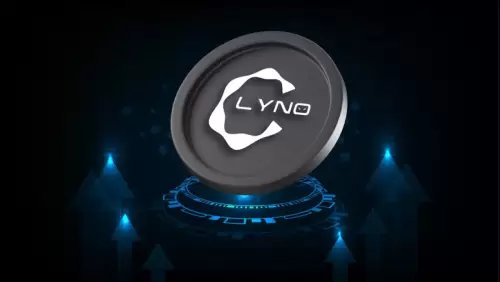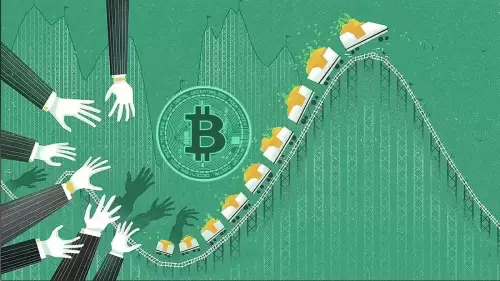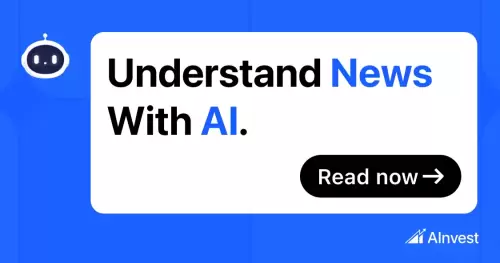Vitalik Buterin's take on Worldcoin's biometric ID system and its implications for privacy, pseudonymity, and the future of digital identity.

Vitalik Buterin, Worldcoin, and Biometric IDs: A NYC Perspective
The buzz around Vitalik Buterin, Worldcoin, and biometric IDs is heating up. Buterin's recent blog posts have thrown some serious shade on the privacy implications of Worldcoin's approach. Let's dive in, shall we?
Buterin's Concerns: Privacy Under Threat?
Buterin isn't just casually tweeting his concerns; he's laying out a detailed argument. His main beef? The 'one-person-one-ID' system, even with fancy zero-knowledge proofs (ZK proofs), could kill online pseudonymity. Imagine a world where everything you do online is tied to a single, traceable identity. Not ideal for whistleblowers or anyone needing a little privacy, right?
ZK Proofs: Not a Silver Bullet
Worldcoin uses ZK proofs to verify users without revealing their actual ID details. Buterin admits ZK-wrapping solves a lot of problems, especially compared to old-school methods that demand your entire legal ID for simple tasks like proving your age. But here's the kicker: these ZK-wrapped IDs often limit users to one ID per application. This means the level of pseudonymity is significantly lower than services like Google, where users can create multiple accounts.
Coercion and Edge Cases: The Downside
Buterin also points out that governments or corporations could pressure individuals to reveal their identities, defeating the purpose of privacy preservation. Plus, biometric IDs aren't foolproof. What about injuries or spoofed replicas? And what about those without government-issued IDs? These edge cases become major headaches when you're trying to maintain a 'one-per-person' system.
The Solution: Pluralistic Identities
Buterin's solution? Pluralistic identities. He envisions a system where no single authority dominates ID issuance. This could be explicit (social-graph-based identity) or implicit (accepting various ID types). The goal is to reduce coercion and be more tolerant of edge cases. However, he warns that if any single ID type gets too popular, the system could revert to a de facto 'one-per-person' setup.
Worldcoin's Wobbles: Price and Market Dynamics
Meanwhile, Worldcoin (WLD) has seen its share of ups and downs. After a sharp decline, it's been stabilizing around the USDT 0.85–0.90 range. Open Interest is rising, suggesting potential repositioning in the market. Worldcoin aims to be a global identity and financial network, focusing on digital identity and AI integration. Despite recent price corrections, its utility-driven roadmap keeps it in the game.
My Two Cents: Proceed with Caution
Look, Buterin raises some valid points. The idea of a single, centralized identity system controlling our online lives is a bit dystopian, no? While Worldcoin's intentions might be noble – universal basic income, distinguishing humans from AI – the potential for misuse is real. We need to tread carefully and prioritize privacy and individual freedom as these technologies evolve.
Final Thoughts
So, where does this leave us? Well, the conversation around digital identity is far from over. Buterin's insights are crucial, and it's up to us to demand privacy-respecting solutions. Keep your eyes peeled, folks, because this is one space that's sure to keep evolving. Stay sassy, stay informed, and remember: your privacy is worth fighting for!













































































